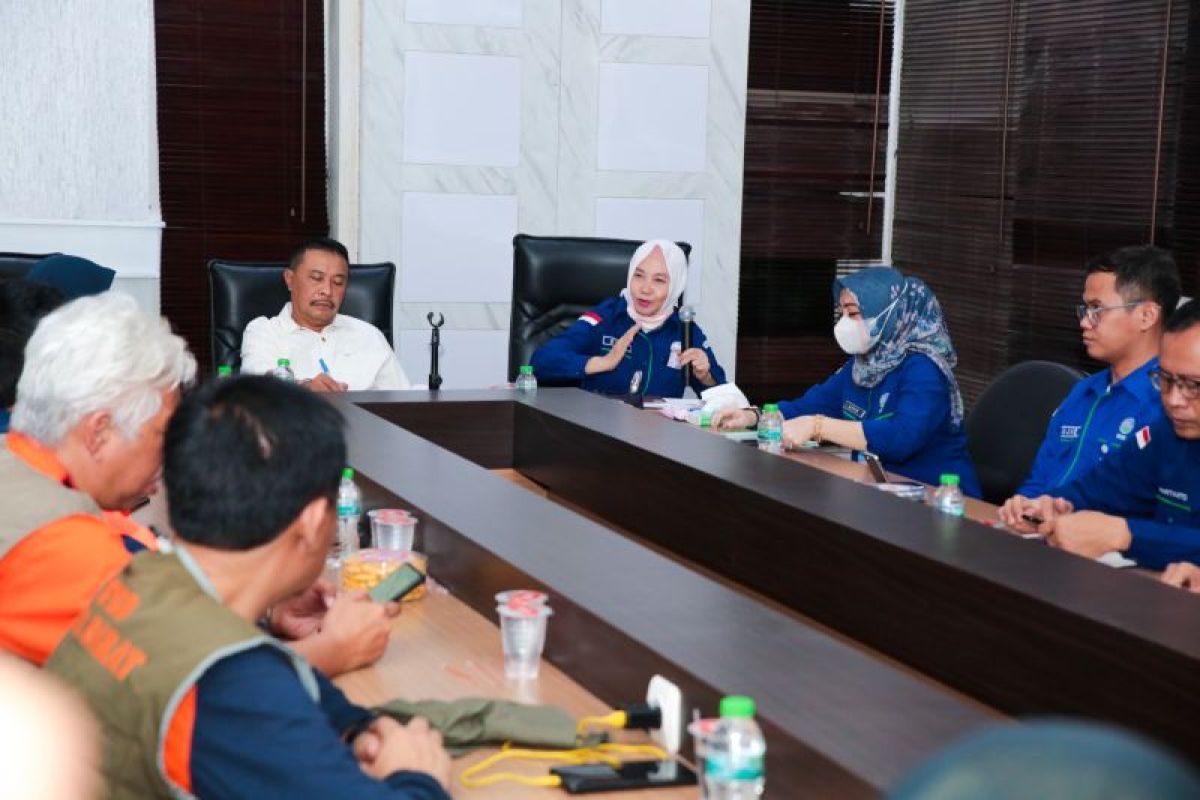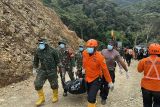"West Java is vulnerable or prone to earthquakes, so if asked what the potential in the future will be, it will potentially happen again several times this year and next year," BMKG Head Dwikorita Karnawati noted in the agency's statement here on Tuesday.
Karnawati remarked that the Garut, Cianjur, Tasikmalaya, Pangandaran, and Sukabumi regions have a history of experiencing several earthquakes since 1844. The intensity of earthquakes in West Java is considered high, and there can be several earthquakes in the region in just one year, so she encouraged residents to be adaptive in mitigating future incidents.
"Instead of migrating or moving, mitigation, such as fixing building construction, is the key to dealing with potential earthquakes in the future," she affirmed.
She also underscored the need to improve the residents' awareness of disaster risk and preparedness in facing disasters.
Proactive measures and appropriate adaptation efforts can help protect communities from the devastating effects of earthquakes, she emphasized. Based on the latest forecast data, BMKG predicted light to heavy rains in the West Java region within a certain time span.
Baca juga: High outbound traffic from Greater Jakarta during Eid: operator
Baca juga: Quake survivors in E Java's Bawean Island need therapy
This raised concern over rain intensity that could have a significant impact in mountainous areas, such as Garut and Cianjur. Karnawati highlighted the danger of landslides that can occur in mountainous areas. Continuous rains can cause dams to burst and lead to flooding.
"This occurred in Garut (West Java) and the Banten Province in the past. Hence, there is a need for tighter vigilance and supervision of the soil condition in areas prone to landslides and floods," she stated.










